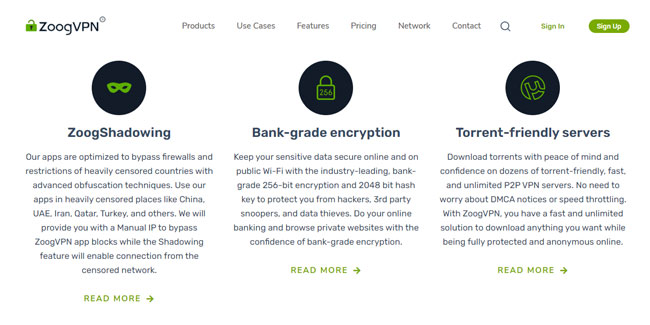As VPNs slowly but surely became applications that a lot of people use so did their marketing efforts increased. And with that came claims of false advertising that were even made to the US Congress. U.S. Rep. Anna G. Eshoo (D-CA) and Senator Ron Wyden (D-OR) brought this issue to the Chair of the Federal Trade Commission (FTC) Lina Khan, demanding action. Their letter states that an increasing number of VPN providers resort to “abusive and deceptive data practices”. So, what’s going on here? Are the companies in charge of your safety and privacy actually abusing it?
To get to the bottom of this issue we need to divide it into two sections. The first section deals with VPNs that are basically scams and there are a lot of them. We rarely talk about them as we don’t want to give them any room for publicity. These are the companies that will take advantage of your article and twist it into something positive. We think it’s much more important to talk about companies with a proven track record. So, there’s no issue here, some of the VPNs are bad and you should not use them under any circumstances.
Some of them even use their apps to track your online activity and later sell that data to third parties. Regulating an online market is difficult and this is why sites like ours, The VPN Lab can help you make better and more informed choices. However, we do agree that someone needs to step in and officially vet these services as either fraudulent or normal. If you want to avoid issues like this, stick to the most popular VPNs and the ones reviewed on a number of sites. For example, you probably heard about NordVPN or Surfshark but have you heard about PrivateVPN or Namecheap VPN?

All four of them are very good choices with a proven track record. Now, it’s time to talk about the second section of the issue of VPNs and False Advertising. In a market as competitive as this one, the ones who use aggressive marketing strategies will come up on top. This is not fair and things shouldn’t be working like this but they are. That’s just a reality of life. And we learned to live with this. This means if you see that some VPN is saying that it has “a military-grade protection” you know that’s a bit exaggerated. The fact that the military does not use VPNs is not that important. What’s important is that you think this is a really secure VPN. To regular users, these differences do not mean much. Think of it as packaging or brand identity.
So, do not be dismayed by these claims that VPNs are dangerous, abusive, and deceptive. They provide an important service and while the market needs to be regulated this doesn’t mean you shouldn’t use them in the meanwhile. Just apply your common sense and you should be fine. Imagine seeing an ad that says something like with our VPN you use Netflix for free and earn money. The first thing that pops into your head is that this is some sort of a scam. Now, there will be people who are going to click on that ad and this is why the FTC needs to act. And that’s all we’re going to say about that subject.